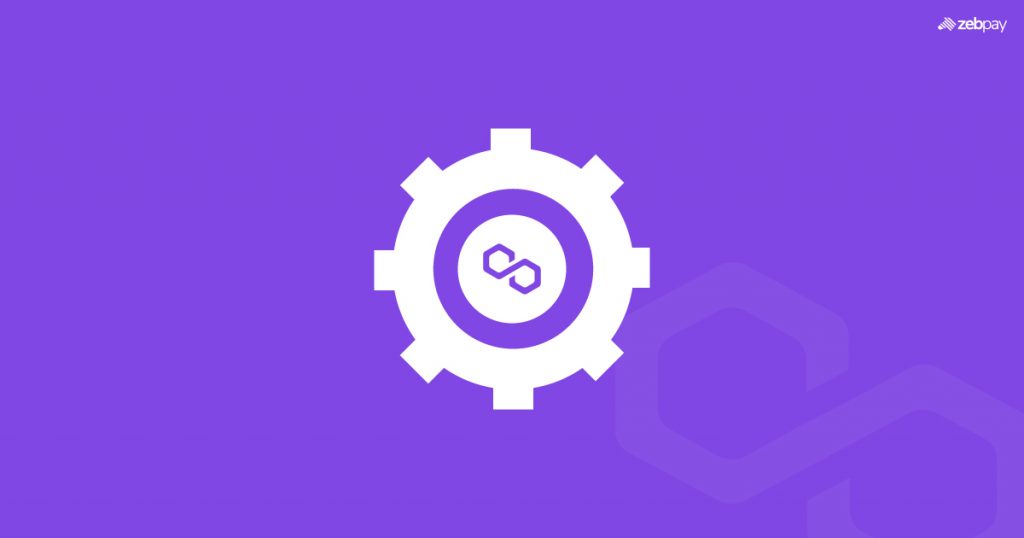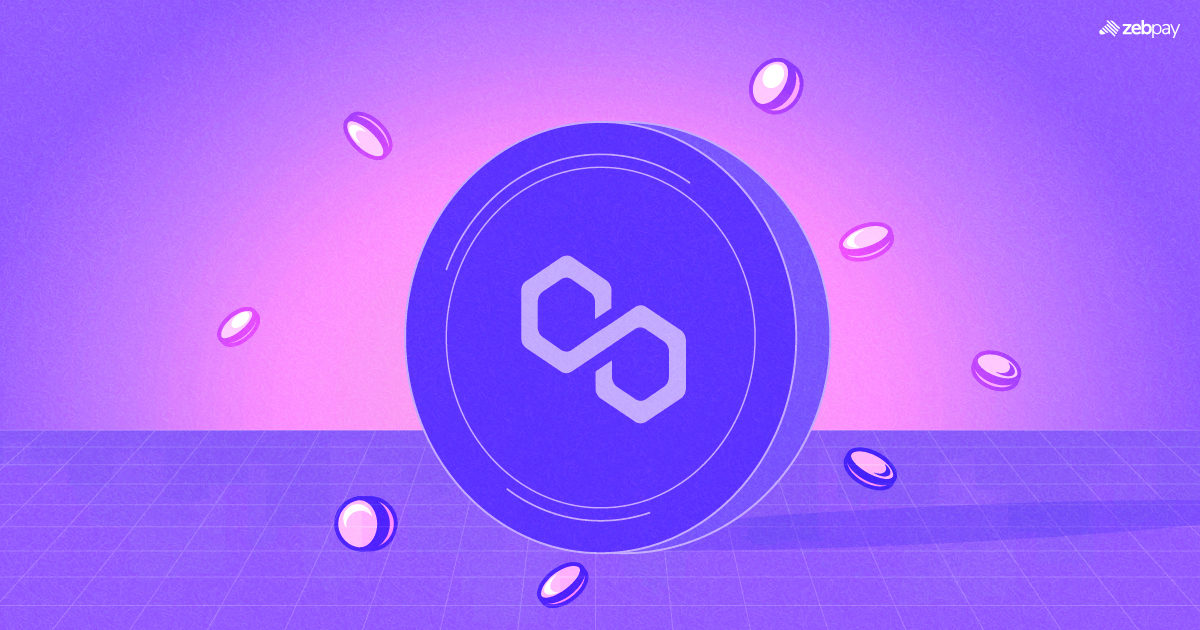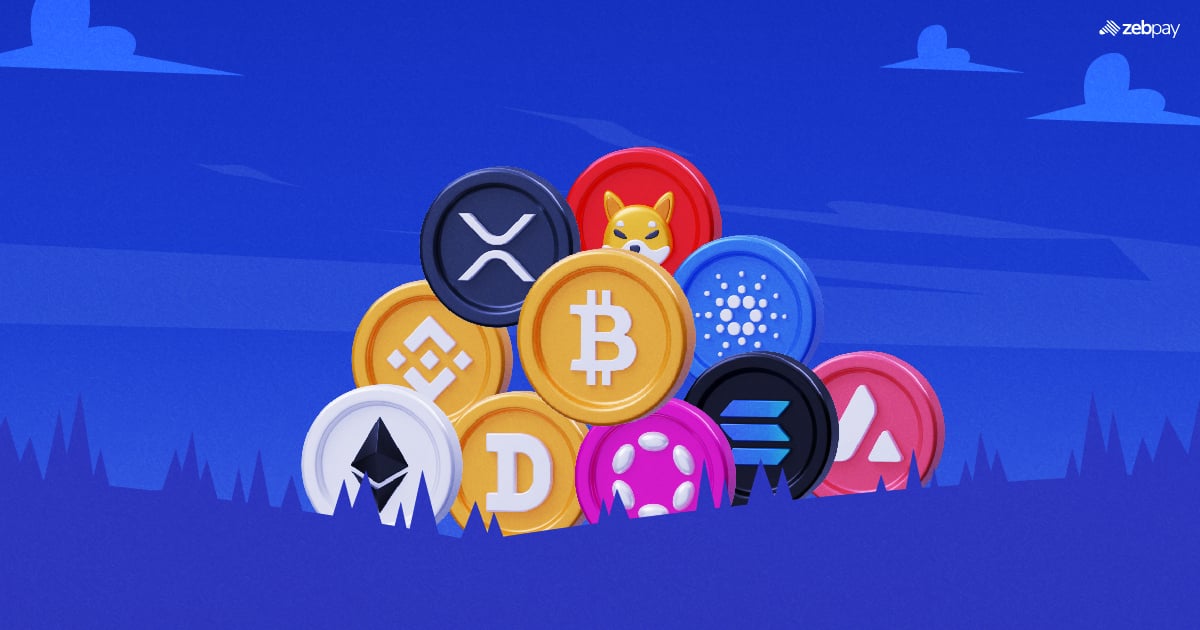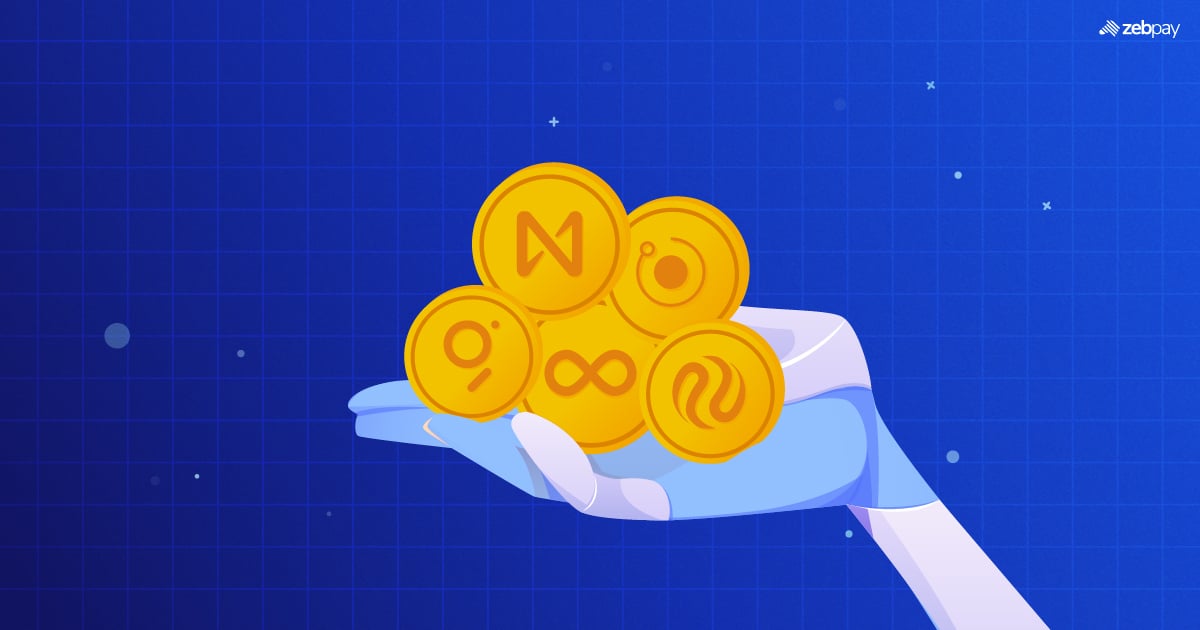Ethereum is one of the most popular and active blockchains on the market. Its inclusion of smart contracts and DeFi support helps it cater to a growing market of innovations. But this also means that the blockchain is unable to keep up with the demand placed on it. This is where Polygon comes in. Polygon is a blockchain project to ease the pressure placed on the Ethereum blockchain. So how does it work and is Polygon a layer 2 solution?
Polygon Definition
Polygon is a layer 2 framework built to scale the Ethereum blockchain. Instead of simply processing a transaction’s elements on the sidechain, it allows developers to create networks of Ethereum-compatible blockchains. It is thus called Ethereum’s “Internet of blockchains”.
Building a project using Polygon allows you the flexibility of having an independent blockchain while taking advantage of Ethereum’s benefits and interoperability. This is done through the Polygon SDK, one of their main offerings.
Polygon also has its own sidechain known as the Polygon Network. This sidechain provides many advantages to the Ethereum blockchain such as higher transaction speeds and lower gas fees.
What is MATIC?
The Polygon Network has its own native token called MATIC. Along with governance, the token is used to pay gas fees on the network. Finally, you can participate in securing Polygon by staking your tokens. Doing so allows you to earn block rewards and earn a passive income.
The token is known as MATIC since the project originally launched as the “Matic Network” in 2017. Following a rebrand in 2021, the network became Polygon while their token continued with the name MATIC.
How Does Polygon Work?

Polygon works on the principle of interconnectedness. They do not want different blockchains to operate apart from one another. Instead, they intend to bring a future where each chain can interact with other decentralised products without intermediaries.
To accomplish this, they implement several protocols:
- Proof of Stake – Polygon’s main chain utilises PoS validation to secure the network and every blockchain built on it. In this system, validators are the most important part. They secure the network by running nodes that enable blocks to be created and verified. In return, they earn rewards in the form of MATIC. Users with fewer staked tokens can choose to delegate their share to an active validator. This entitles you to a part of the validator’s rewards.
- Plasma Chains – Polygon implemented a scaling technology known as plasma chains. This helps in moving assets and tokens between the main chain and sidechains through Plasma bridges. It increases the interoperability of all applications developed through Polygon.
- zkRollups – This system bundles many off-chain transfers and trades into a single transaction. It eases the load on the main Ethereum network by allowing it to process fewer transactions at once. This is accomplished by using “zero-knowledge proofs”, a cryptographic technique that enables processing with the bare-minimum information.
Read more: What Is a Zero-Knowledge (ZK) Rollup?
- Optimistic Rollups – Polygon employs another form of rollups to speed up transactions. These allow for immediate transactions by computing validity off-chain and automatically processing them on the main Ethereum chain.
How To Use Polygon (MATIC)?
MATIC Token
What is MATIC token used for? As mentioned above, the token forms the backbone of the Polygon network. They are used for governance, staking and transaction fees. Through governance, you can help shape the future of the network. Staking helps secure the network and a portion of the transaction fees is dedicated to paying the staking rewards.
Polygon Bridge
To be able to interact with Polygon, you have to bring over your assets and tokens to the Polygon network. The Polygon bridge allows you to do this with ease through the use of smart contracts.
To do this, you have to connect your crypto wallet with the Polygon web wallet. Then you will be directed to the bridge option, where you can simply deposit any assets of your choice.
Polygon Network
The Polygon network is what allows you to engage with ERC-20 tokens and other Ethereum assets easily. It is significantly faster and cheaper than using the native Ethereum blockchain thanks to the scaling technologies implemented by Polygon.
Polygon (MATIC) Wallets
The Polygon web wallet simplifies activities on the Polygon network. Through the wallet, you can access the bridge, staking and transactions directly. It also allows you to transfer your assets back to the Ethereum chain whenever you wish to do so.
What is the Future of Polygon (MATIC)?
Polygon has launched a subsidiary called Polygon Studios. It will focus on advancements in the gaming and NFT space. Since Polygon is already a popular name in enabling access to NFTs, Polygon Studios can establish itself as a leading player in the industry.
However, it is unclear how essential sidechains and rollups are to the future of Ethereum. Since Ethereum has implemented the Merge and transitioned to the more scalable and efficient Proof of Stake mechanism, it will be able to serve more users. Further advances and developments are only going to increase the transactions the network will allow.
Should You Invest in Polygon?
As of now, it is unclear if investing in Polygon will yield great returns. The Ethereum Merge has left many layer 2 solutions in a state of uncertainty. Polygon studios is an excellent step in the right direction and can lead to better results for Polygon in the future. The project needs to diversify and continue to provide a better experience than the native Ethereum blockchain.
The best course of action currently seems to be to observe the effects of the Ethereum Merge. Only then can the importance of layer 2 solutions in the ecosystem be understood.
You can now buy Polygon on ZebPay.







